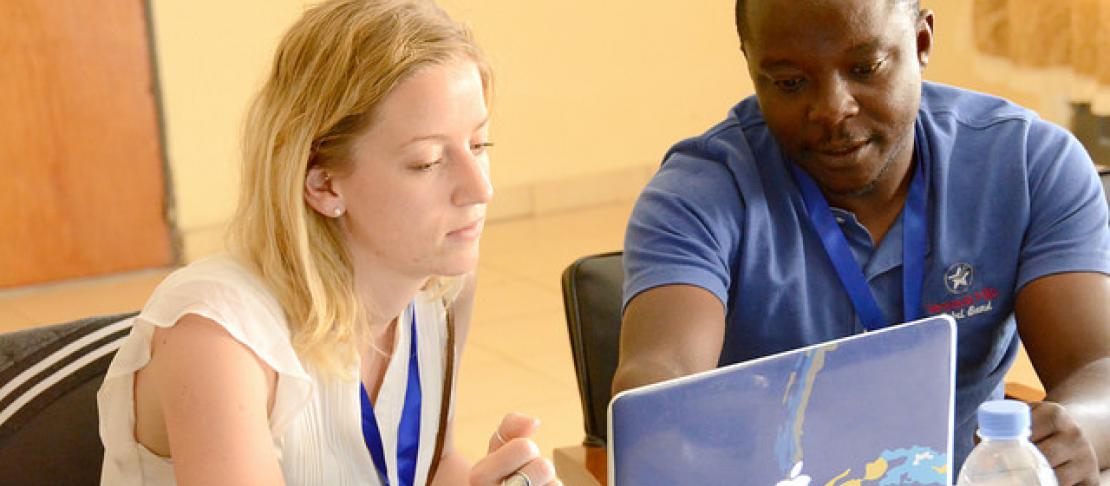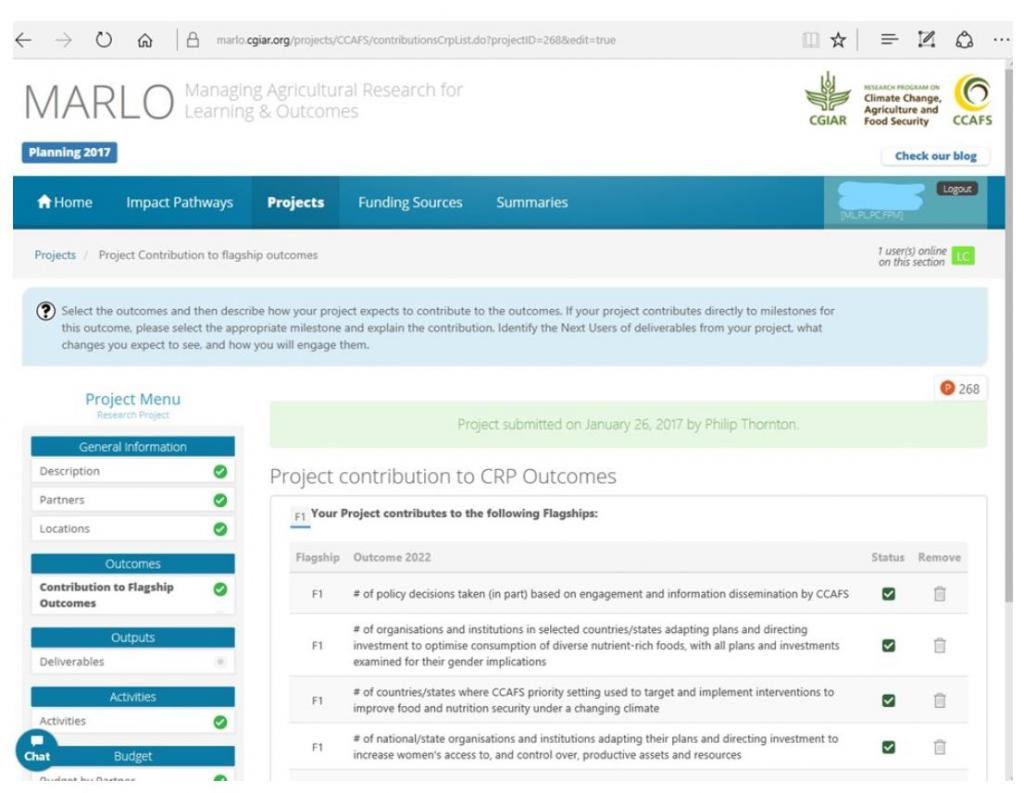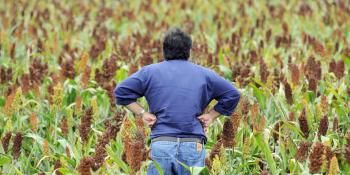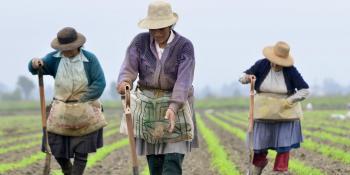Managing agricultural research for learning and outcomes: Standardizing planning and reporting across CGIAR Research Programs

Managing Agricultural Research for Learning and Outcomes, or MARLO, coordinates work and establishes common standards across CGIAR Research Programs.
CGIAR Research Programs (CRPs) bring together scientists from around the world to work together to improve global food security, reduce poverty, and better manage natural resources. Fifteen CRPs carry out this work in partnership with a range of organizations, including academic, civic, and private sector partners. The complexity and range of work conducted by CRPs, however, can make it difficult to coordinate activities, synthesize research, and share knowledge. Establishing common standards across CRPs will not only allow researchers to learn from one another, but will satisfy funders’ requests for standardized reporting.
The development in 2013 of an online planning and reporting system (P&R) by the CGIAR Research Program on Climate Change, Agriculture and Food Security (CCAFS) led to an agreement in 2016 between CCAFS and three other CRPs – Agriculture for Nutrition and Health (A4NH), Policies, Institutions and Markets (PIM), and Water, Land and Ecosystems (WLE) – on adopting an integrated system. Shortly thereafter, the four CRPs began to create an online platform for results-based management called Managing Agricultural Research for Learning and Outcomes (MARLO).
The success of MARLO depended on a number of initial factors. A belief in the need for standardization was central to buy-in by CRPs. Additionally, “impact pathways” were put forth by each CRP to explain the relationship between deliverables, outputs and outcomes. The entire project cycle, including planning, reporting, and disseminating knowledge, is also covered by MARLO, allowing CRPs to produce reports which focus on outcomes and which integrate information across CRPs.
Based on the initial favorable outcomes, additional CRPs soon expressed interest in MARLO. In August 2016, the CGIAR Research Program on Livestock joined, followed in November of the same year by the International Maize and Wheat Improvement Center (CIMMYT), CGIAR Research Program on Wheat, and Excellence in Breeding (EiB). In January 2017, CGIAR Research Program on Forests, Trees and Agroforestry (FTA), CGIAR Research Program on Rice, CGIAR Research Program on Fish, World Agroforestry Centre (ICRAF) and the International Rice Research Institute (IRRI) started exploring the benefits of joining. There are currently eight CRPs, two CGIAR platforms, and two centers using MARLO for their program management needs.
MARLO assists in various levels of organizational needs. Project specific planning and reporting incorporates general information about projects and their outcomes, outputs, activities, inputs and budgets. A gender lens is also included, primarily in the reporting and planning of the project’s contribution towards the CRPs' outcomes, deliverables and the planning of activities. At the next level, program managers use MARLO to make decisions, provide feedback and evaluations across portfolios of work. Finally, at the system level, consolidated budgets and reports allow for better long-term planning.

Screenshot of a project page in MARLO.
The development of MARLO follows a number of key principles, including a focus on simplicity with the ability to add project management components as needed. To eliminate redundancies and confusion, projects are only added once, by those closest to the source of information, with the goal to add only the information that people will use. MARLO also stresses the importance of sharing across CRPs. The system will allow CRPs to agree on common standards, share costs and benefits, and collaborate and share knowledge. Together, these principles allow CRPs to build a flexible road map to work together while meeting the unique needs of each program.
MARLO is, however, still a work in progress. Future plans for the platform include continued improvement that will allow users to query information, run analytical reports and produce bilateral reports. A proposal module is also being explored so that the development of proposals can incorporate already available project data. There is also interest in connecting MARLO to additional systems, both to help eliminate redundancies and link to financial systems. These new developments and improvements will build on the benefits already included in the system.
Collectively, the 15 CRPs represent more than a two hundred million US dollars of funding intended to solve some of the most pressing needs of our time. MARLO has been designed to help manage these funds well and implement effective projects and programs for agricultural development.
For more information, please contact David Abreu, Knowledge and Data Sharing Coordinator at d.abreu@cgiar.org.
Kathlee Freeman is Communications assistant for CCAFS Gender and Social Inclusion Unit and CCAFS Flagship 1.



